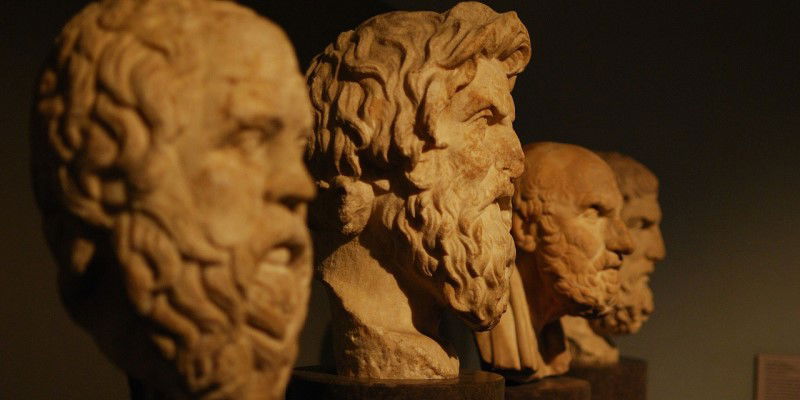Happiness is a universal pursuit that all humans strive for in life. It is the ultimate goal that drives our actions, decisions, and desires. The search for happiness has been a topic of discussion and exploration for centuries, with philosophers offering various perspectives on what it means to be truly happy. One of the most influential figures in this discussion is Aristotle, whose views on happiness have shaped our understanding of the concept to this day.
Aristotle believed that happiness, or eudaimonia in Greek, is the ultimate purpose of human life. Unlike other philosophers who equated happiness with pleasure or material wealth, Aristotle argued that true happiness is derived from living a virtuous and fulfilling life. According to him, happiness is not a fleeting emotion or a temporary pleasure, but a state of being that is achieved through the cultivation of virtues such as courage, wisdom, and justice.
Aristotle believed that human beings are rational animals who have the capacity to reason and make choices based on what is good and virtuous. In order to achieve true happiness, one must cultivate these virtues and live in accordance with reason. This means acting in a way that is consistent with one’s values, principles, and beliefs, and striving for excellence in all aspects of life.
Aristotle also believed that happiness is not something that can be achieved in isolation, but is intrinsically linked to our relationships with others. He argued that human beings are social creatures who thrive in communities and derive meaning and fulfillment from their interactions with others. In order to be truly happy, one must cultivate meaningful relationships, contribute to the well-being of others, and participate in the life of the community.
In today’s fast-paced and materialistic society, Aristotle’s views on happiness offer a refreshing perspective on what it means to live a fulfilling life. Instead of chasing after wealth, power, or fame, Aristotle reminds us that true happiness can only be found in the pursuit of virtues and the cultivation of meaningful relationships. By living a life of purpose, integrity, and compassion, we can achieve a lasting sense of fulfillment and contentment that transcends material wealth or external achievements.
In conclusion, the philosophy of happiness in life is a complex and multifaceted concept that has been explored by philosophers throughout history. Aristotle’s views on happiness offer a timeless perspective on what it means to live a truly fulfilling life. By cultivating virtues, living in accordance with reason, and nurturing meaningful relationships, we can achieve a state of happiness that is both sustainable and deeply satisfying. Ultimately, the pursuit of happiness is a noble and worthwhile endeavor that can bring meaning and purpose to our lives.



